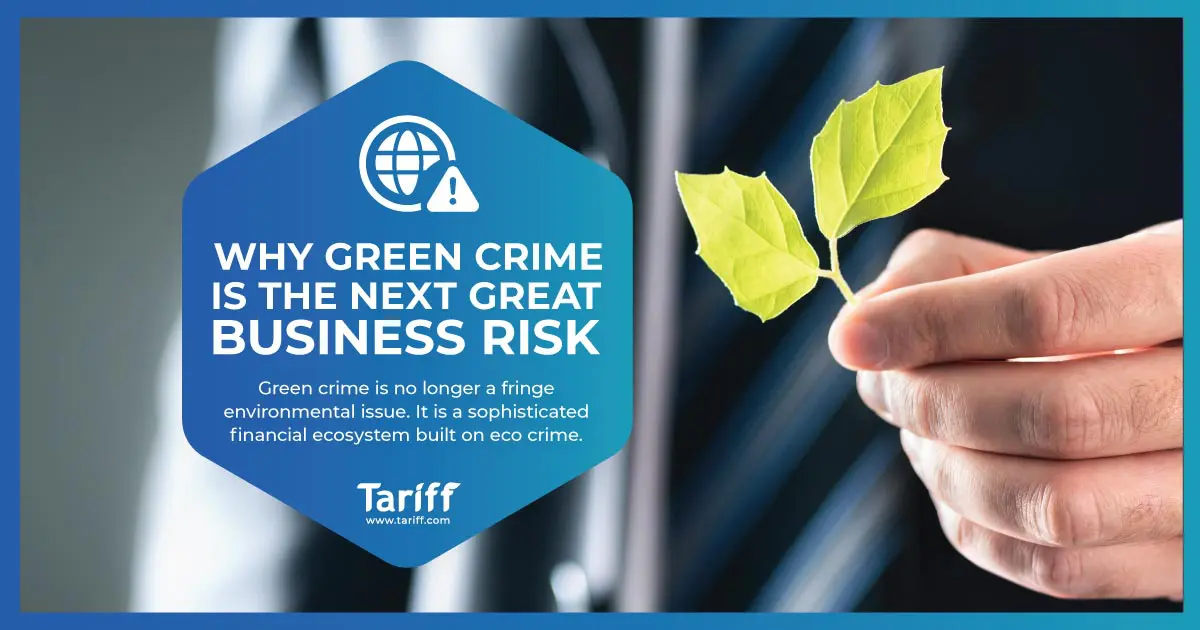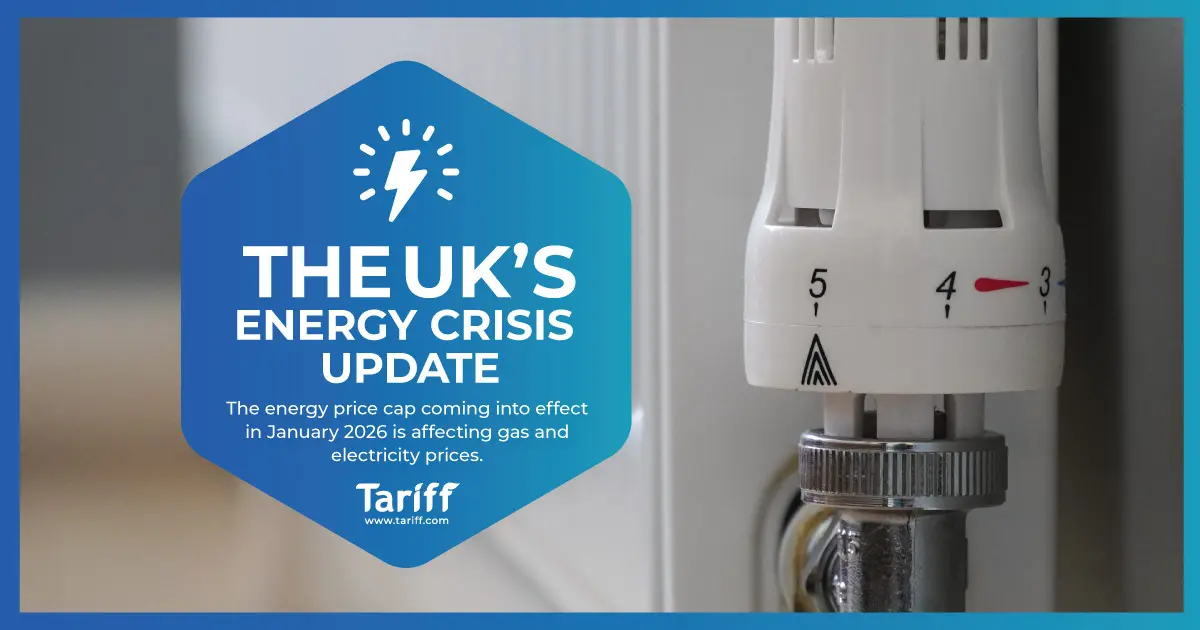How to Avoid Energy Scams
As the UK continues to navigate high energy costs, economic uncertainty, and complex tariff structures, fraudsters are capitalising on confusion in the market. Energy scams are becoming increasingly sophisticated, targeting both residential customers and businesses with convincing messages and fake offers.
At Tariff.com, our mission goes beyond just helping customers find the best energy tariffs, we’re here to protect and empower consumers. Understanding how these scams operate and how to respond is the first line of defence. In this guide, we’ll explore what energy scams are, the most common tactics used, how to recognise warning signs, and what you can do to protect yourself and your family.
What Is an Energy Scam?
An energy scam is a fraudulent scheme where individuals or organised groups impersonate legitimate energy suppliers, government organisations such as Ofgem, or energy brokers to deceive consumers. These scams are designed to extract personal, financial, or account-related information, often under the guise of offering rebates, discounts, or tariff switches.
Scammers exploit public uncertainty, especially around government support initiatives like the Energy Price Guarantee or the Energy Bills Support Scheme. These fraudsters are skilled at impersonation, often using cloned websites, spoofed phone numbers, and branding that mimics official sources. Their goal is to steal sensitive data, gain access to your bank account, or even defraud your energy supplier by taking over your account.
The impact of falling for an energy scam can be significant: identity theft, unauthorised payments, compromised bank accounts, and emotional stress. With the energy sector in the spotlight, it’s more important than ever to stay aware and informed.
Common Types of Energy Scams
Fake Energy Rebate Offers
Scammers often exploit government initiatives by sending messages claiming you’re eligible for energy rebates or discounts. For instance, during the rollout of the £400 energy bill support, fraudsters sent fake texts and emails pretending to be from Ofgem, directing recipients to fraudulent websites to claim the rebate. These sites are designed to steal personal and financial information.
Impersonation of Energy Suppliers
Fraudsters may pose as representatives from energy companies, contacting you via phone or in person, offering deals or threatening disconnection unless immediate payment is made. They might use spoofed phone numbers to appear legitimate. Remember, genuine energy suppliers will not pressure you into making immediate payments or sharing personal information over unsolicited calls.
Meter Tampering Scams
This scam involves someone offering to tamper with your gas or electricity meter to reduce your bills. They may promise to “unlock cheaper energy” or disable certain features of the smart meter to avoid charges.
These offers are dangerous for several reasons. First, tampering with your meter is illegal and could lead to prosecution. Second, it can be incredibly dangerous, damaged meters pose risks of electrical fires, explosions, and carbon monoxide poisoning.
Bogus Energy Switching Services
Some fraudsters operate under the guise of comparison or switching services. They may call or message you claiming to find you the cheapest deal, only to enrol you into expensive or even non-existent contracts. These scammers often target small businesses, where switching decisions may be made quickly and without full due diligence.
Signs You May Be Dealing with an Energy Scam

Recognising the signs of a scam is crucial to avoiding one. Be cautious if you receive unsolicited communication that creates a sense of urgency, especially if you’re being asked to share your personal information or make a payment on the spot.
Poor grammar and spelling in written messages, unrecognised sender addresses, and suspicious links are all warning signs. If the message claims to be from Ofgem, keep in mind that Ofgem will never contact you directly about a rebate, discount, or refund. Instead, these matters are typically handled by your energy supplier.
In-person scams may involve individuals presenting fake ID or using pressure tactics to get inside your property. Genuine representatives from energy companies should always carry identification and will not mind if you verify their credentials before allowing access.
What to Do If You Suspect an Energy Scam
If you think you’ve been contacted by a scammer, the best course of action is to stop communication immediately and avoid clicking on any links or sharing personal details. You should report the incident to Action Fraud, the UK’s national reporting centre for fraud and cybercrime, via their website at actionfraud.police.uk or by calling 0300 123 2040.
You can also report scam texts to your mobile network provider by forwarding the message to 7726, a free spam reporting service. Suspicious emails should be sent to report@phishing.gov.uk, the National Cyber Security Centre’s phishing reporting service.
If you are in Scotland, please call Police Scotland on 101.
If you’re concerned you’ve shared financial details, contact your bank immediately. Most banks offer fraud protection and will help you take swift action to secure your account. Always call 999 in case of an emergency, if you have been threatened or feel unsafe.
Alternatively, If you suspect an energy crime has taken place, such as theft of gas or electricity, please report it to CrimeStoppers Stay Energy Safe. To report suspected meter tampering, report this confidentially at stayenergysafe.co.uk.
How to Stay Informed and Safe
The best defence against energy scams is education. Keep up to date with the latest scam alerts by checking Ofgem’s fraud awareness page, which is regularly updated with the newest tactics used by scammers.
Be proactive in protecting your information. Use strong passwords, install antivirus software on your devices, and monitor your energy accounts for unusual activity. If something doesn’t feel right, trust your instincts and seek advice before proceeding.
If you’re unsure about a communication you’ve received, you can also contact your supplier directly using the phone number listed on your bill. Do Not use contact details provided in suspicious messages.
Energy Security Starts With Awareness

In today’s complex energy market, scams are sadly part of the landscape. But that doesn’t mean you have to be a victim. With the right knowledge, a bit of caution, and the support of trusted partners like Tariff.com, you can confidently manage your energy needs and protect your household.
Understanding how energy scams work, recognising their warning signs, and taking quick action when needed can save you a great deal of stress, and potentially your financial security.
If you’re considering switching energy suppliers, reviewing your current contract, or just want honest advice, speak to our team today. Peace of mind should come standard with your energy service, and with Tariff.com, it does.


